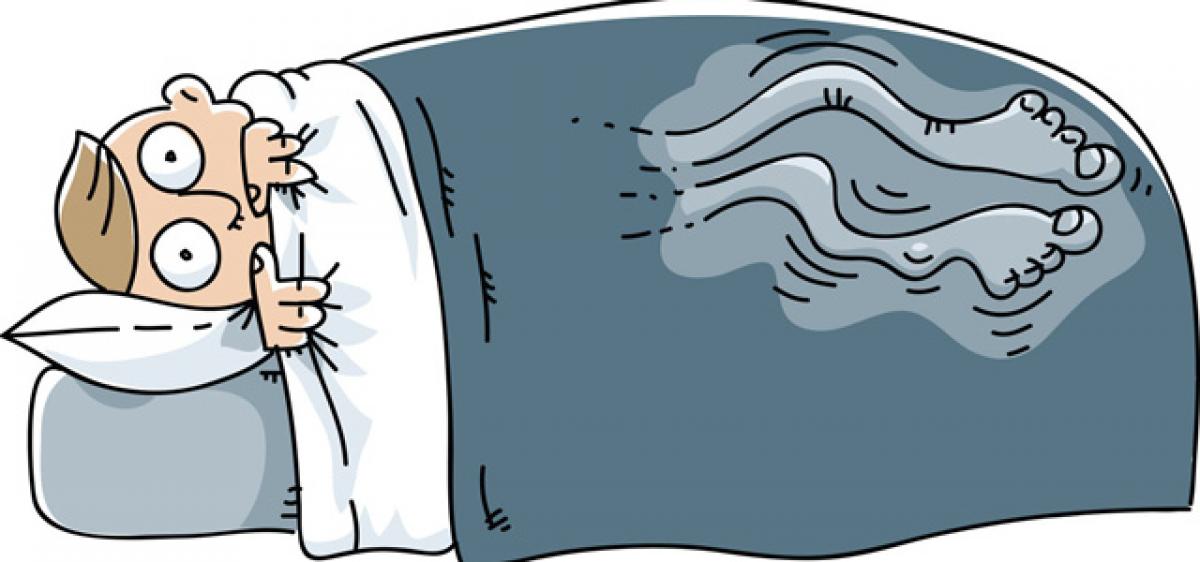Live
- Hyderabad Metro Rail Phase-II Works to Begin in Old City in January 2025
- Odisha: 668 persons killed in human-elephant conflicts in last three years
- DEFENDER JOURNEYS: TO EMBARK ON ITS THIRD EDITION FROM NOVEMBER 2024
- Participating in Prakriti Parikshan can help build a healthier India: Prataprao Jadhav
- ISRO's Shukrayaan-1 Mission Approved: India’s First Venus Orbiter to Launch in 2028
- Pawan Kalyan urges centre for Railway Infrastructure Development in Pithapuram
- Inorbit Mall Cyberabad Hosts ‘The Science Playground’ – A Fun-filled Science Fest for Kids!
- Naga Chaitanya and Sobhita Dhulipala Sign Rs 50 Crore Deal for Wedding Film with Netflix: Details Inside
- Telangana seeks Centre’s nod for four airports in state
- Hindware's 'Build a Toilet, Build Her Future' Initiative: Transforming Lives, One Toilet at a Time









